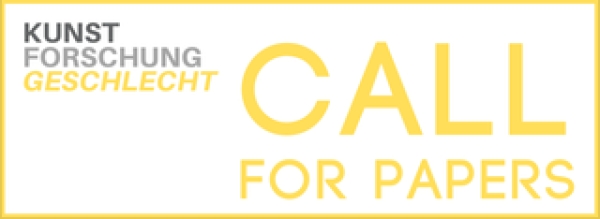In this discourse, our focus is directed towards marginalized perspectives, which have often
been overlooked in narratives on the history and reasons for flight and migration.
For one, these narratives tend to
center solely on male experiences, failing to acknowledge the persecution faced by individuals based on their sexual orientation
and/or gender identity.
Even the narrative surrounding ‘guest labor’ (Gastarbeit) frequently fails to acknowledge
its multifaceted reality, erroneously portraying it as a history of men.
Against the backdrop of the de facto erosion
of asylum rights and the normalization of racist migration policies, the challenges faced by women and queer individuals in
the context of flight and migration are exacerbated.
This has to be understood as a political setting, rooted in
a gendered discourse that utilizes racist rhetoric to marginalize specific groups. By amplifying overlooked perspectives,
we aim to critically examine and challenge these narratives. How do gender dynamics shift within the context of migration?
While the relationship between class and migration has already been examined on various occasions, but what insights can be
gleaned from an intersectional perspective on migration?
Additionally, what does a post-migrant perspective entail?
(As elsewhere, ‘post’ does not denote a temporal ‘after’, but rather signifies ongoing social negotiation processes catalyzed
by migration).
It is crucial to recognize that migration is not a concept divorced from politics; rather, it is
deeply entrenched within political discourse. Migration encompasses both the grassroots struggles that redefine how we think
the political but it also means that migration is shaped by the attempts to control it and by government policies of the nation
state and its borders.
In light of this, how do we navigate the terminology used to regulate migration, including
terms such as ‘economic migration’, climate migration, skilled labor migration, temporary suspensions of deportation, ‘illegals’,
and distinctions between flight and migration? How can the reasons for flight and migration be addressed beyond legal systems
of recognition and residence?
We welcome artistic, academic, and activist contributions that engage with these
questions and beyond, shedding light on the historical, contemporary, and future trajectories of flight and migration.
About the Lecture Series:The lecture series “Art – Research – Gender” will take place
at the University for Applied Arts Vienna, and can be completed as an academic course.
Artists, scientists from
all disciplines and activists are invited to share their perspectives on the questions mentioned above. We especially like
to encourage young researchers to submit abstracts – for example, in the field of their dissertations.
Lecturers
will receive a fee of € 300 (VAT included), travel expenses will be covered.
Usually eight lectures are selected
per academic year, which all take place on Wednesday evenings at the University of Applied Arts Vienna. The lecture is scheduled
to last between 45 and a maximum of 60 minutes. A discussion follows the lecture.
Scientific-artistic advisory
board: Maria Bussmann, Edith Futscher, Barbara Graf, Nanna Heidenreich, Anita Hosseini, Stefanie Kitzberger, Doris Löffler,
Kristina Pia Hofer, Anna Spohn, Julia Sprenger, Jenni Tischer.
Course management: Maria Bussmann
Concept &
organization of the lecture series: Doris Löffler
Please submit proposals per email,
until April 15th,
2024 at the latest, to
gleichstellung@uni-ak.ac.at including:
/ A working title
/ An abstract (300 words)
/ A short biography
/ Complete contact information
The submission can be in German or English.
Please forward this to anyone who might be interested. Thank you!
InformationLecture series:
www.dieangewandte.at/kfgThe Angewandte barrier-free:
www.dieangewandte.at/barrier-free



